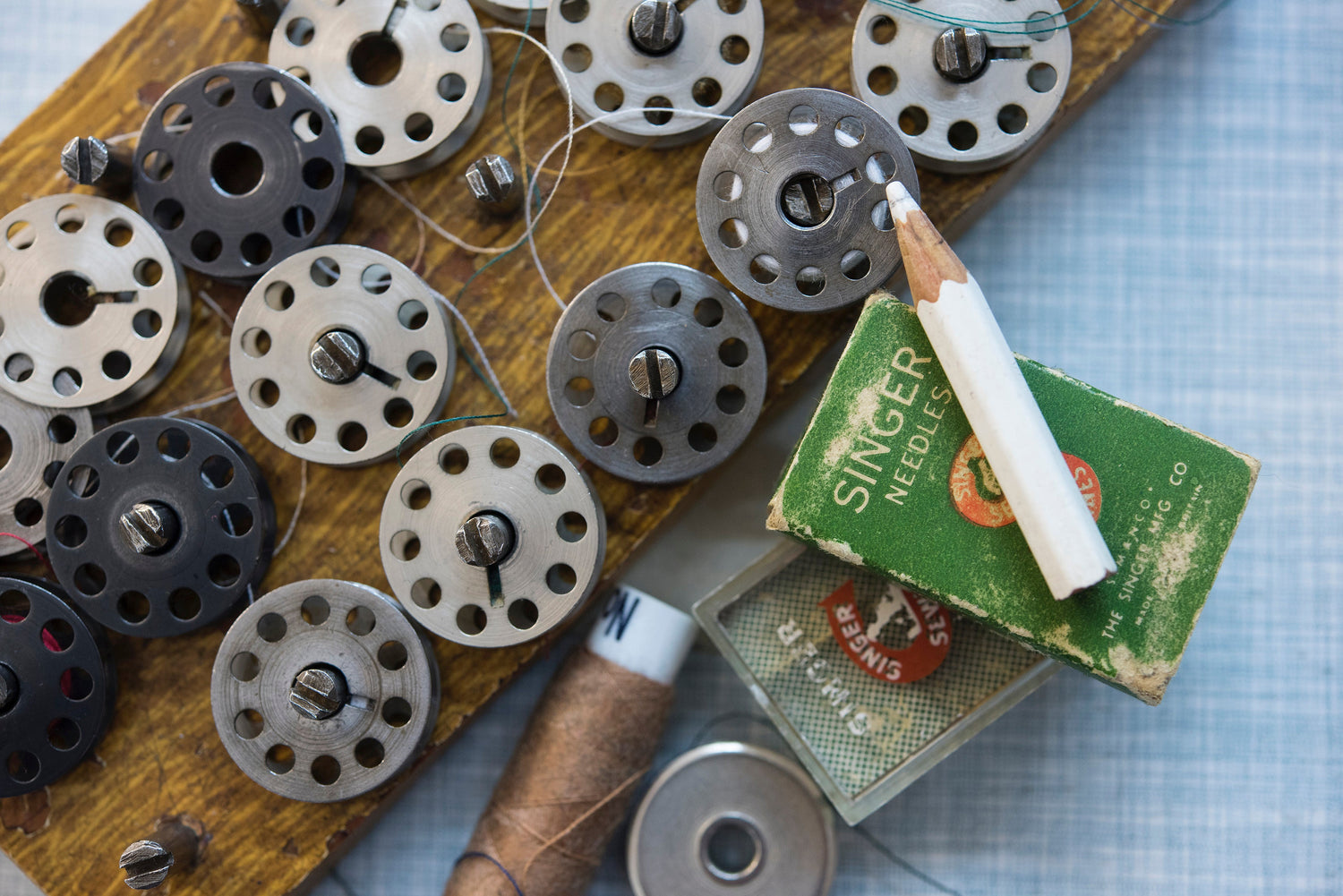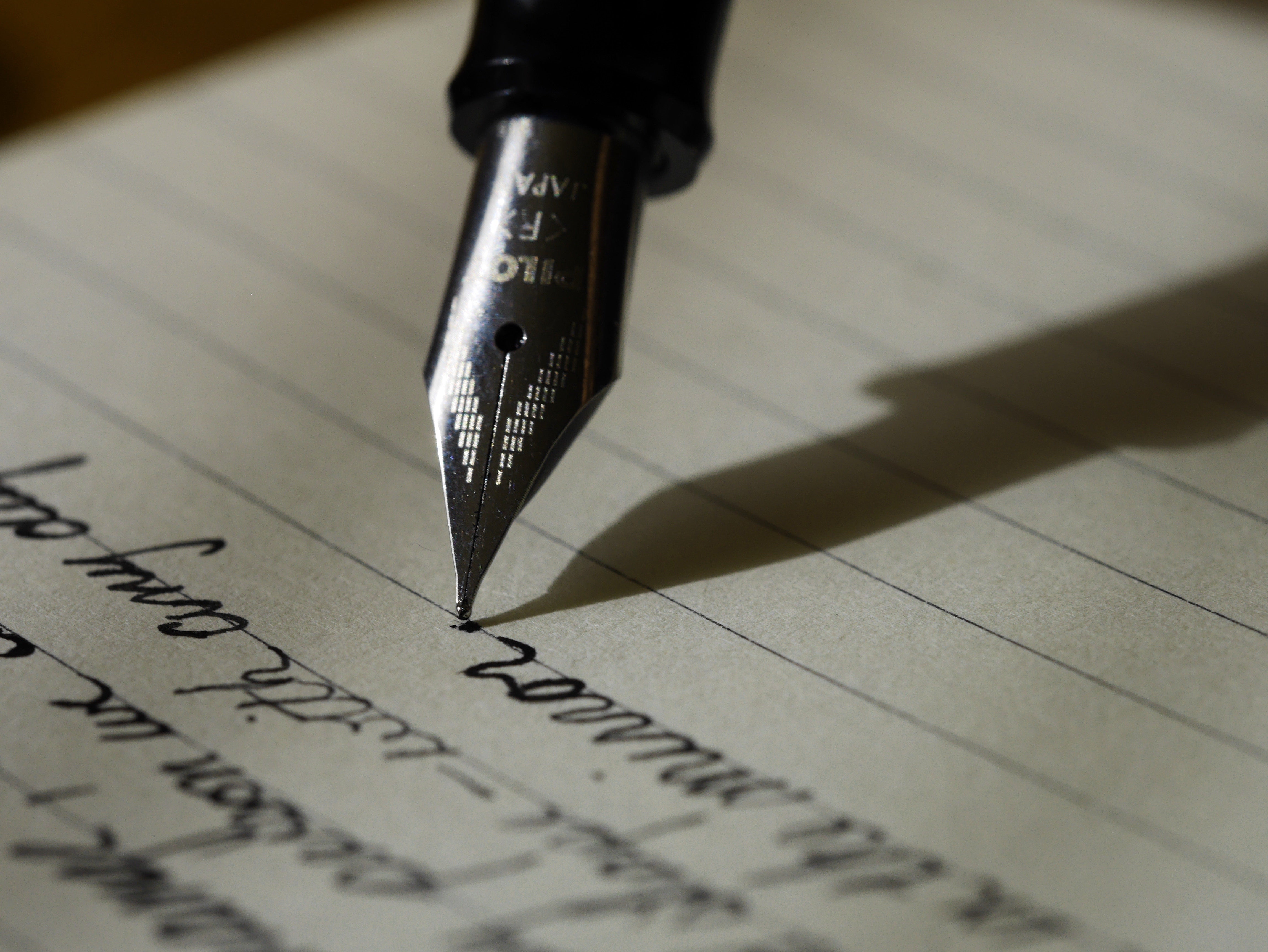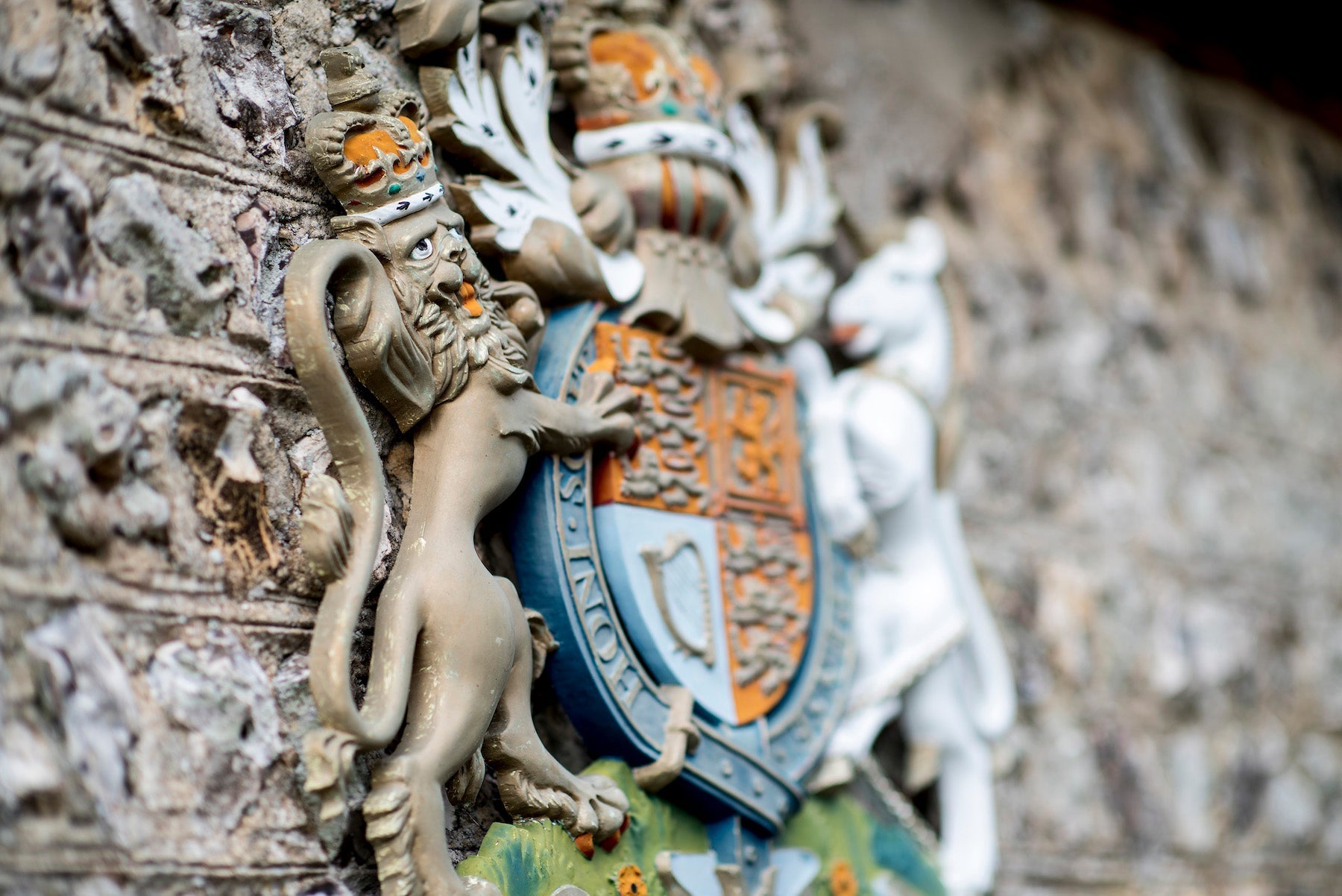We are glove makers. That is really all we do. But we try to do it really well and we have been doing it for a long time. We do it because we think that gloves are important and because a good pair of gloves is a thing of joy. You may be surprised to learn that there are 2.5 meters (that’s 8 foot) of stitching in a pair of gloves and at Cornelia James we have spent over 70 years trying to make each stitch perfect.
Some of the machinery that we use is quite old. Our gloves are die cut using a manually operated lever press made by WH Hallett & Sons of Yeovil, Somerset over 100 years ago. We’re not sentimental about it – we use it because it does the job very effectively and, when it’s not actually cutting gloves, it’s completely silent; a large and brooding presence in the cutting room.
Our Singer sewing machines are of the epoch when such machines were still made in the USA and our button hole machine is a Pfaff – made in Germany and the best you could get in 1957 when it was purchased. It’s a mechanical marvel and now – 60 years on – just a little temperamental, as is its operator, who is Italian and passionate about perfect button holes.
We are not interested in mass production or section work – our team make a complete glove from start to finish so that they take ownership and so that each pair can be offered with pride. We hope never to lose sight of the fact that every glove we make is going to end up on the hand of someone who will feel that little bit better for being well gloved.
We are all in favour of innovation. Some of our deeper pile fabrics are a bit of a mouthful for the Hallet press and these we send off to be laser cut to an antique pattern that has been digitally scanned. We go to great lengths to achieve the best possible result.
To make great gloves you need superb fabrics. The wool that we use to make our jersey wool gloves comes off the backs of merino sheep in Australia. The merino is ‘the king of sheep’ and produces a wool that is fine, strong, durable and with great ‘recovery’ – a quality it shares with leather. The wool goes to Germany to be made into yarn and then to Italy to be jersey knitted and dyed before it comes to us ‘on the roll’, ready to be cut and made up into gloves.
Some of the machinery that we use is quite old. Our gloves are die cut using a manually operated lever press made by WH Hallett & Sons of Yeovil, Somerset over 100 years ago. We’re not sentimental about it – we use it because it does the job very effectively and, when it’s not actually cutting gloves, it’s completely silent; a large and brooding presence in the cutting room.
Our Singer sewing machines are of the epoch when such machines were still made in the USA and our button hole machine is a Pfaff – made in Germany and the best you could get in 1957 when it was purchased. It’s a mechanical marvel and now – 60 years on – just a little temperamental, as is its operator, who is Italian and passionate about perfect button holes.
We are not interested in mass production or section work – our team make a complete glove from start to finish so that they take ownership and so that each pair can be offered with pride. We hope never to lose sight of the fact that every glove we make is going to end up on the hand of someone who will feel that little bit better for being well gloved.
We are all in favour of innovation. Some of our deeper pile fabrics are a bit of a mouthful for the Hallet press and these we send off to be laser cut to an antique pattern that has been digitally scanned. We go to great lengths to achieve the best possible result.
To make great gloves you need superb fabrics. The wool that we use to make our jersey wool gloves comes off the backs of merino sheep in Australia. The merino is ‘the king of sheep’ and produces a wool that is fine, strong, durable and with great ‘recovery’ – a quality it shares with leather. The wool goes to Germany to be made into yarn and then to Italy to be jersey knitted and dyed before it comes to us ‘on the roll’, ready to be cut and made up into gloves.




